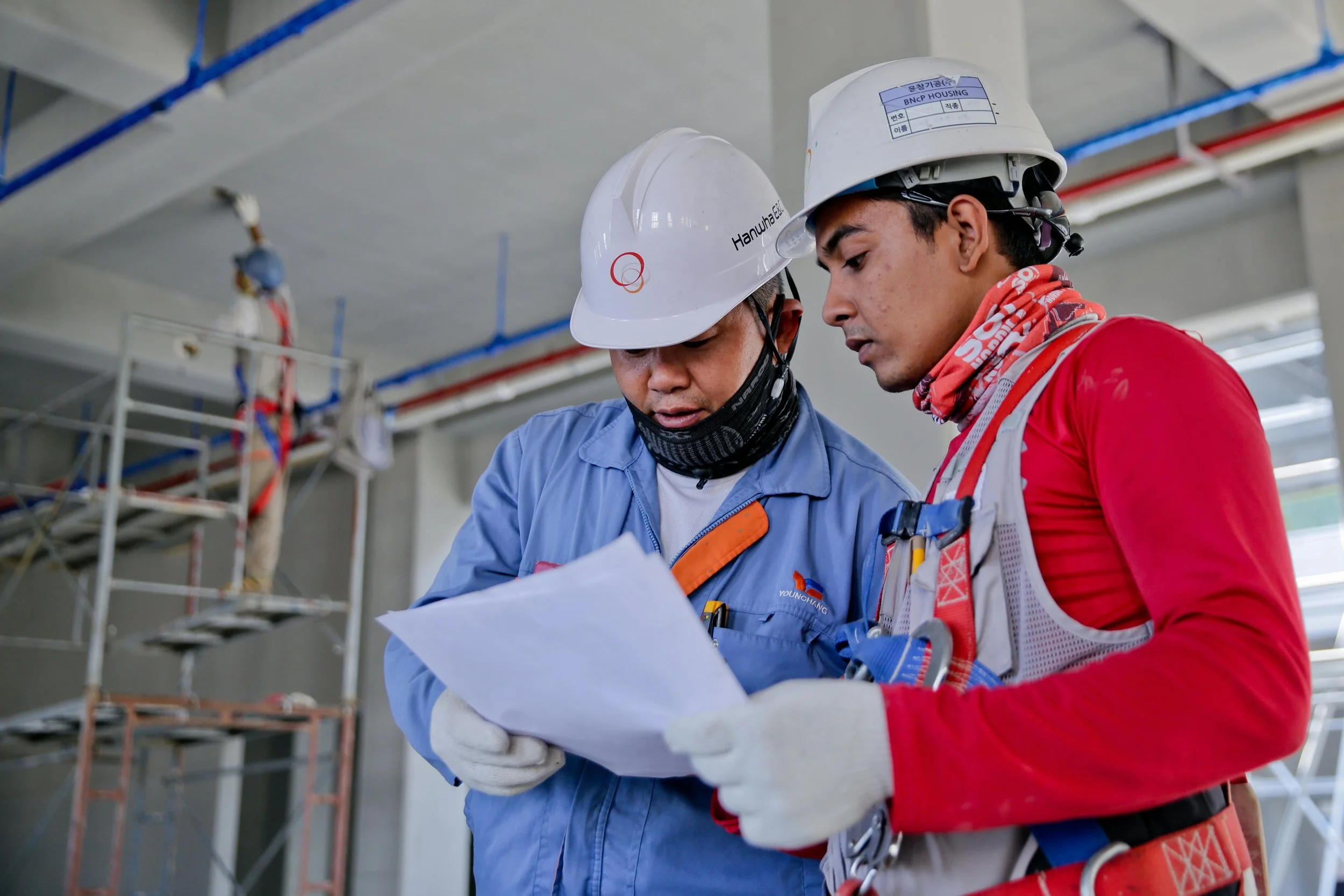How to Resolve Philadelphia Permit Issues
Navigating permit issues in Philadelphia can be complex for property owners, developers, and managers. When permits are delayed, incorrectly applied for, or not pulled at all, the consequences can include stop-work orders, costly fines, and project delays. This guide outlines how you can address and resolve permit issues with the Philadelphia Department of Licenses & Inspections (L&I) efficiently and safeguarded by expertise.
1. Identify the Permit Issue
The first step is to understand what kind of permit problem you’re facing. Common permit issues include:
A permit was never submitted or approved
The permit was issued but has expired or lapsed because work didn’t begin in time, or inspections were not completed
The scope of work changed, and the original permit no longer covers the updated project
Required trade permits (electrical, plumbing, mechanical) were omitted or overlooked
Once you know the nature of the problem, you can move toward a resolution.
2. Review Applicable Regulations and Permit Types
In Philadelphia, permits are issued through L&I for construction and repair work, zoning changes, change of use, and other property operations. It’s essential to check whether your work requires a building permit, zoning permit, or a specialized permit (for example, demolition or fire suppression systems).
Completing this review early helps avoid applications being rejected for missing documentation or wrong permit types.
3. Gather Documentation and Prepare Your Application
One of the most common causes of delay is incomplete or incorrect permit submission. The application may require:
Detailed project plans and drawings
Zoning clearances or variances if required
Contractor license information and insurance proof
Forms or supporting reports (e.g., asbestos inspection, structural criteria)
Gather all needed documents before submitting, and be sure they align with the city’s requirements — this will expedite the review process.
4. Submit the Correct Permit or Adjustment
If your original permit is incorrect or expired, you’ll need to file a new or revised application in the city’s eCLIPSE system (or in person). Make sure you select the correct permit category and include any change-of-use or situation-specific requirements.
If your work has already progressed without a proper permit, you may need to pull an after-the-fact permit or apply for a code compliance remedy — depending on the severity and how far the project has progressed.
5. Engage with Inspections and Follow-Up
Once your permit is approved, inspections will follow at specific stages of the project. If an inspection fails or a deficiency is noted, take immediate corrective action. Promptly scheduling and passing inspections will prevent extensions, hold-ups, or fines.
6. Resolve Lapses or Holds
If you’re facing a permit hold — perhaps because of expired work, discontinued projects, or missing inspections — you’ll need to:
Contact L&I to determine the reason for the hold or lapse
Compile a corrective plan and submit any required amendments
Consider applying for an extension if permitted (for zoning permits) or face reapplication (building permits have limited extension options).
7. Final Approval and Compliance Confirmation
After work is completed and inspections pass, the final step is to secure official confirmation, which may include an updated Certificate of Occupancy, permit closure documentation, or zoning compliance certificate. Keeping these records on file helps in future transactions, leasing, or sales.
8. Why Professional Guidance Matters
Working with a compliance specialist or consultant like Freedom Compliance Advisors can reduce the time your project spends under review, avoid costly errors or rework, and prevent daily penalties. Experienced professionals understand how to navigate L&I procedures and local code requirements efficiently, freeing you to focus on building or managing your property.
Conclusion
Permit issues don’t have to halt your project or put you at risk of enforcement. With the right approach — reviewing permit requirements, gathering complete documentation, submitting correctly, and managing inspections — you can stay on track and compliant. If you’re dealing with permit complications in Philadelphia, the team at Freedom Compliance Advisors is ready to help guide you through the process and keep your property moving forward.


